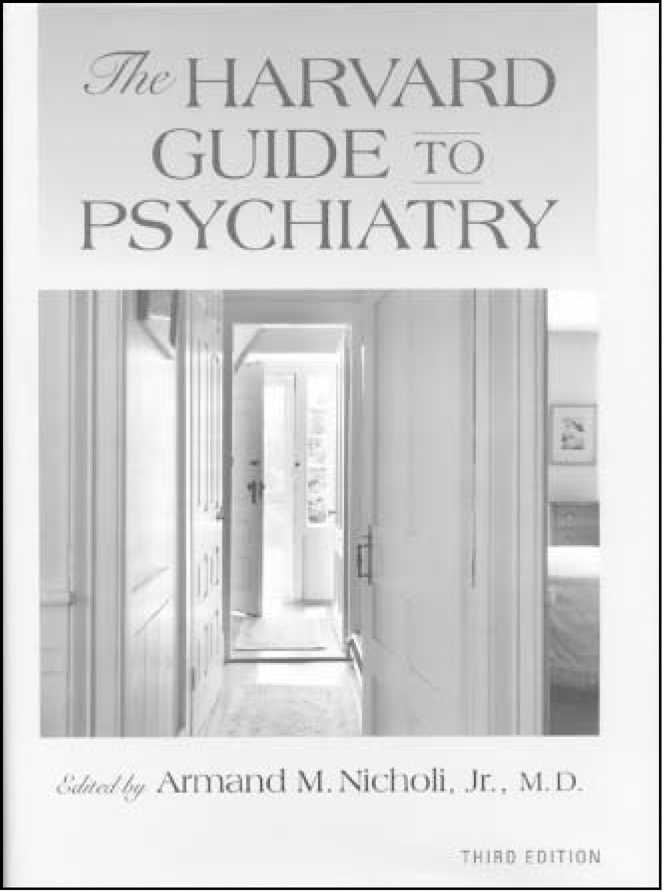Whatever the questions we may have about the market for such a textbook in the UK, there is no doubt it is a remarkable achievement: its coverage is vast, its style lucid, concise and readable and its judgements well balanced.?

In addition to standard accounts of psychiatric syndromes we have informative reviews of neuroimaging, neural substrates of behaviour and the neurobiology of mental disorders and sleep problems. The chapters on electroconvulsive therapy and sex therapy are sensible and relevant to practice in this country. Unexpected but welcome in such a volume is a contribution on clinical hypnosis, advancing the controversial claim that “ a rich body of experimental evidence supports the application of hypnosis in psychotherapeutic and medical settings”. The chapter entitled ‘The person confronting death’ deserves a wide readership.
Unfortunately, this excellent volume cannot be recommended to UK trainee psychiatrists as their sole textbook. It gives little attention to ICD-10 classification or the European literature (beyond psycho-analytic writings). Its discussion of psycho-pathology is largely psychoanalytically based (although such a bias is not evident in the major part of the text). The listings of psychotropic drugs may seem confusing. Its account of ‘managed care’ does not translate easily to the community-oriented model we are struggling to implement in this country. And, of course, there are no caveats concerning mental health legislation when it is stated that psychosurgery is favoured for the treatment of the refractory patient with obsessive-compulsive disorder. It can, however, be warmly recommended to a postgraduate library, where it will be read in the context of more local writings.
For such a store of information and wisdom it is very modestly priced.



eLetters
No eLetters have been published for this article.